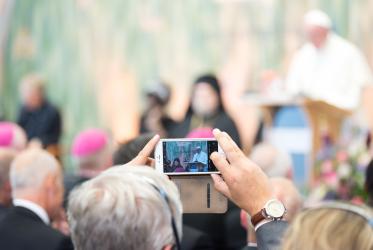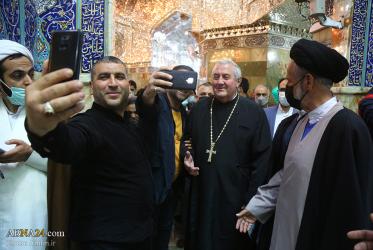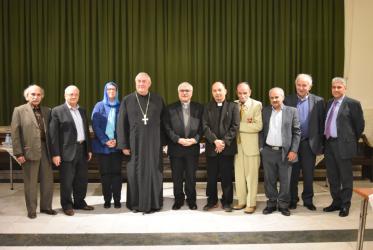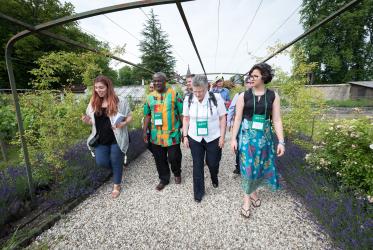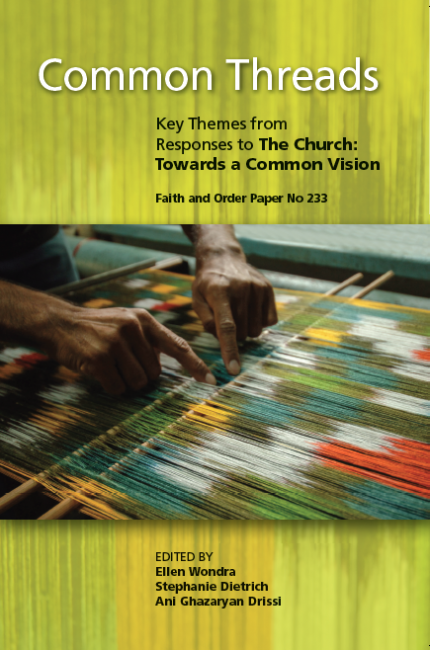Displaying 241 - 260 of 1400
WCC Eco-School 2022 postponed to November 2022
31 March 2022
Now available: “The Journey of the WCC from Busan to Karlsruhe”
28 February 2022
Pilgrims on the Path of Peace
The Journey of the WCC from Busan to Karlsruhe (Unillustrated)
28 February 2022
Common Threads
Key Themes from Responses to The Church: Towards a Common Vision. Faith and Order Paper No 233
25 February 2022






